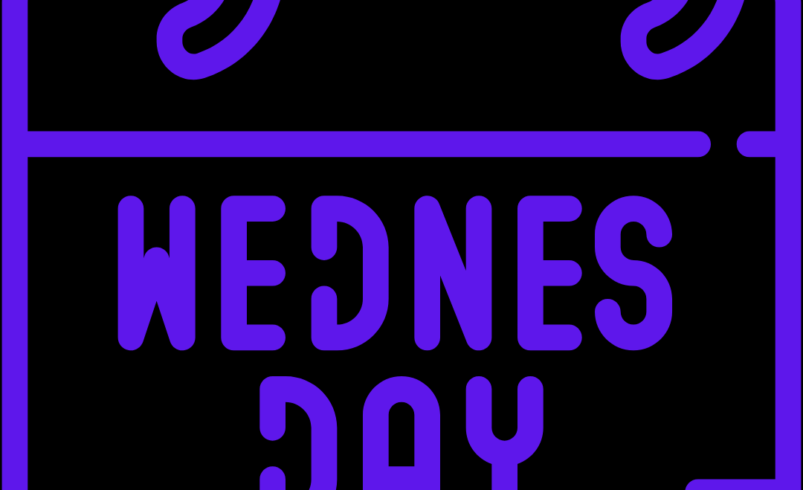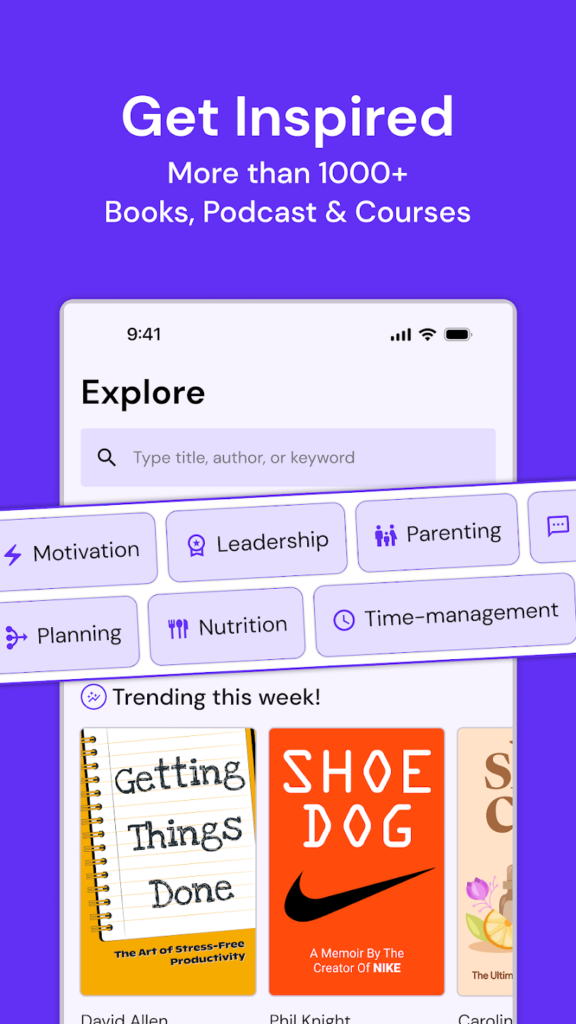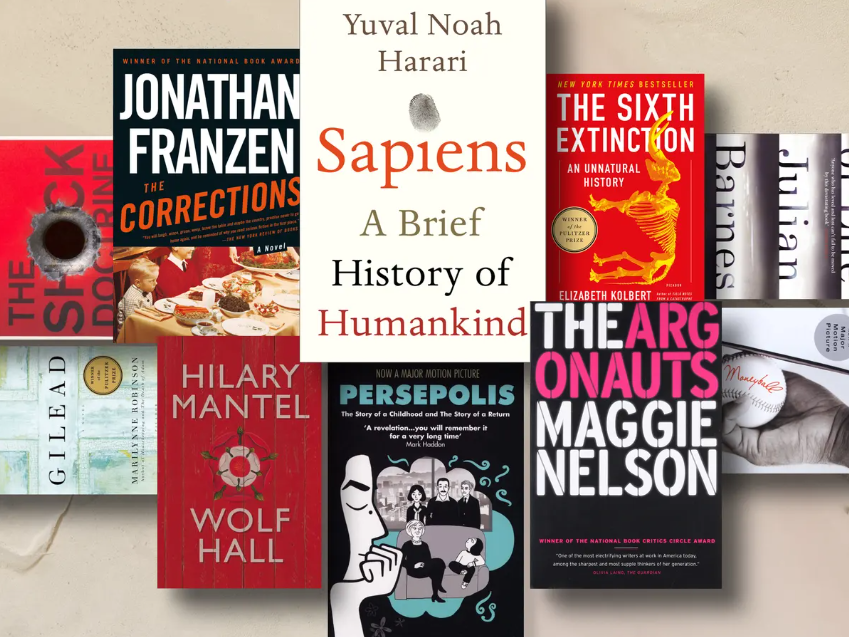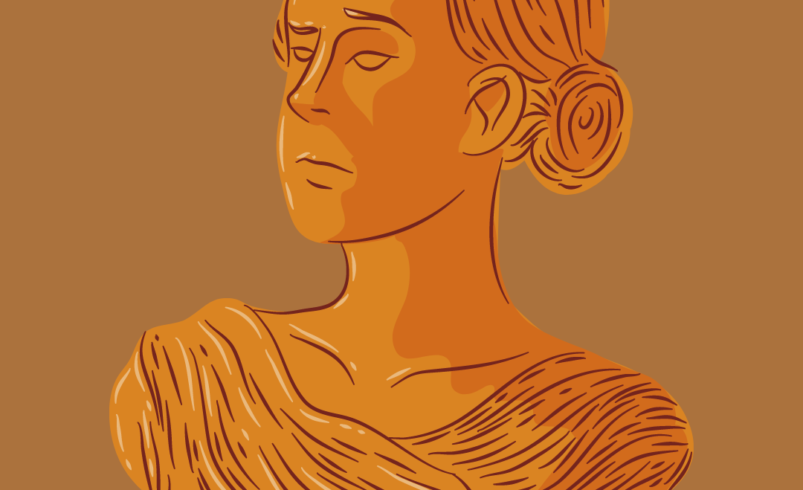
“Through triumphs and trials, humanity weaves an enduring tapestry called history.”
History books are like time-travel guides. They take us on a journey through the past, showing how people lived and what happened long ago. They’re not just about old stories; they teach us important lessons for today and tomorrow. These books aren’t just lists of events; they bring forgotten times and people back to life. They remind us to learn from the mistakes and successes of the past. By reading them, we understand others better and learn how different cultures were. History books aren’t just about the past; they help us understand where we’re going. Let’s journey back to explore the most influential historical books of all time.
Contents
“The Histories” by Herodotus
“The Histories” by Herodotus stands as a cornerstone in historical literature, often hailed as the world’s first historical account. Blending storytelling with factual inquiry, Herodotus ventures into the conflicts between Greece and Persia, intertwining myths and realities. His approach, while not strictly accurate by today’s standards, laid the foundation for historical documentation. This work isn’t just a chronicle of events; it’s a testament to the origins of historical storytelling, influencing countless historical fiction books that bring history alive through imaginative narratives, bridging the gap between facts and the human experience of the past.
“Guns, Germs, and Steel” by Jared Diamond
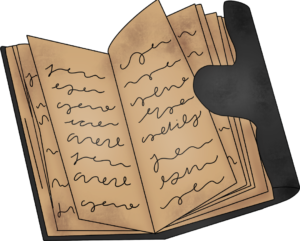
Curious about how geography shaped history? “Guns, Germs, and Steel” by Jared Diamond unpacks this intriguing puzzle. Exploring the impact of geography, biology, and societal development, Diamond reveals how environmental factors influenced the ascendance of civilizations. While not a historical fiction book, its insights have influenced the finest historical fiction works, offering rich contextual backgrounds and authentic settings. It challenges readers to reconsider the causes behind historical events, inspiring narratives that authentically capture the complexities of the past within the creative realms of fiction.
“A People’s History of the United States” by Howard Zinn
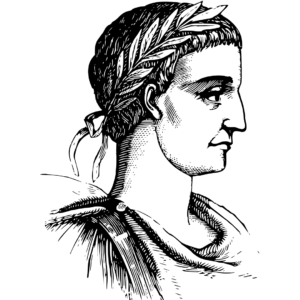
“A People’s History of the United States” by Howard Zinn presents a unique perspective on American history, focusing on marginalized voices and overlooked narratives. Departing from traditional historical books, Zinn uncovers the struggles of indigenous peoples, slaves, workers, and women, revealing a narrative often omitted from mainstream accounts. His exploration of social movements and dissenting voices offers a holistic view of America’s past. While not a work of historical fiction, Zinn’s book has inspired a wave of historical fiction books, encouraging authors to delve into untold stories and perspectives, enriching the tapestry of historical narratives.
“The Diary of a Young Girl” by Anne Frank

Seeking a poignant portrayal of history for kids? “The Diary of a Young Girl” by Anne Frank offers a powerful solution. Anne’s diary provides an intimate perspective on the Holocaust, encapsulating the challenges and resilience of a young girl amidst one of history’s darkest times. While not a traditional historical fiction book for kids, its impact has inspired tailored narratives. Through adapted historical fiction books for younger readers, Anne’s story serves as a gateway, sensitively introducing children to the human side of historical events, fostering empathy and understanding across generations.

“The Decline and Fall of the Roman Empire” by Edward Gibbon

Delving into the intricacies of Rome’s downfall, “The Decline and Fall of the Roman Empire” by Edward Gibbon meticulously dissects the empire’s political, social, and religious dynamics. While not a direct contributor to good historical fiction books, Gibbon’s exhaustive research and narrative depth have significantly influenced the genre. His vivid portrayal of ancient Rome’s rise and collapse acts as a guiding light for authors, inspiring them to craft compelling and authentic historical narratives within fiction, allowing readers to immerse themselves in the grandeur and complexities of bygone eras.
“The Art of War” by Sun Tzu

“The Art of War” by Sun Tzu encapsulates timeless strategies for warfare and leadership. While not a historical fiction book, its profound influence extends to the genre. Sun Tzu’s treatise on military tactics and philosophy has inspired countless historical fiction book lists, informing narratives of conflicts, power struggles, and strategy across different historical periods. His teachings on strategy, deception, and adaptation remain relevant, offering invaluable insights not just for warfare but for navigating challenges in various facets of life, ensuring its enduring place in both military studies and the realms of historical fiction literature.
“War and Peace” by Leo Tolstoy

Venturing into the tapestry of 19th-century Russia, Leo Tolstoy’s “War and Peace” intricately weaves together lives amidst Napoleonic wars. Often lauded among top historical fiction books, Tolstoy’s opus immerses readers in an era of societal shifts and military upheavals. Through rich character arcs and a panoramic view of history, the novel explores the human experience amidst monumental events. While not exclusively historical fiction, its vivid portrayal of the period’s complexities has left an indelible mark, influencing the genre’s depth and narrative grandeur, captivating readers with its timeless exploration of love, war, and societal evolution.
Historical books are gateways to understanding our past, enriching our present and guiding our future. For quick insights into captivating historical narratives, discover Wizdom – the app that distills the essence of historical masterpieces into concise, enlightening reads. Explore diverse epochs effortlessly and deepen your understanding of history with Wizdom’s curated collection of swift, engaging historical insights. Download now and embark on a journey through time!

Priyanshi Rai
Passionate author with a love for travel, music, books, and culinary arts. Writing is my passion, with a focus on various subjects, but my special affinity lies in meditation and self-improvement.
Recent Posts
- 25 Top Quotes from The 10X Rule to Supercharge Your Ambition
- 10 Books You Must Read to Succeed in Your Career
- 30 Little Tricks for Big Success in Relationships
- 25 Life-Changing Self-Help Books to Read This December: Boost Your Mood and Your Mind
- 25 Amazing Self-Care Tips for December: Wrap Yourself in Joy, Not Stress


